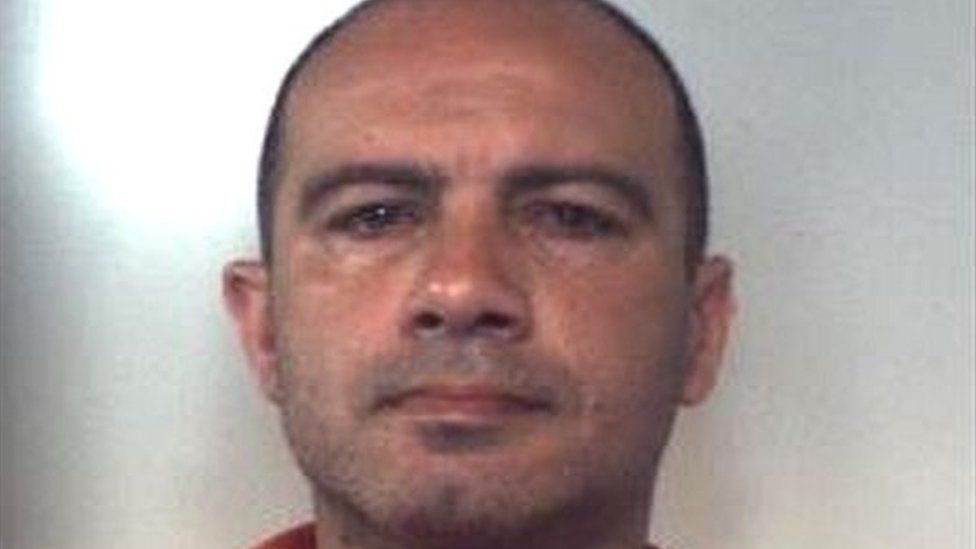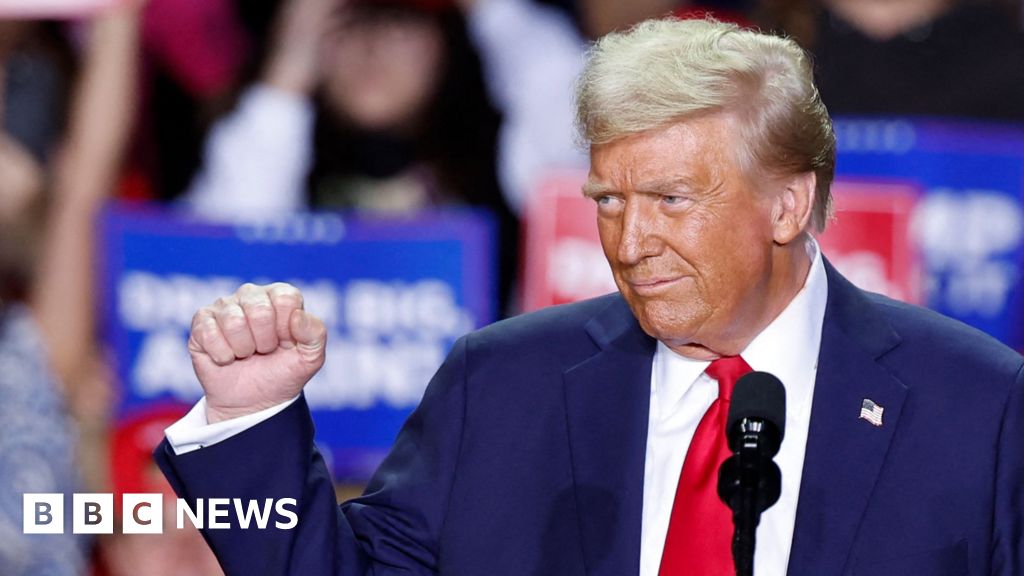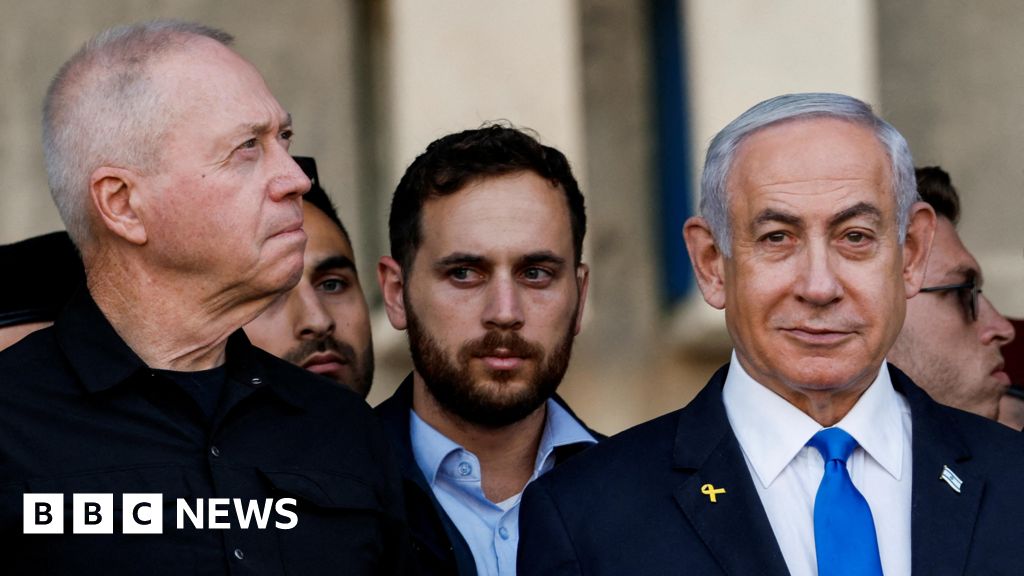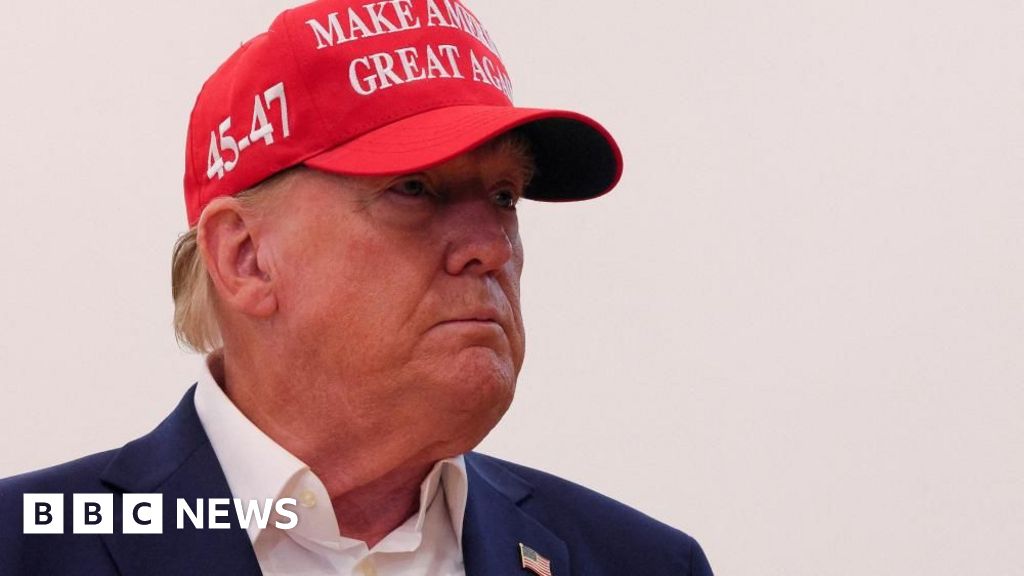ARTICLE AD BOX
 Image source, Italian interior ministry
Image source, Italian interior ministry
Pasquale Bonavota
The alleged boss of one of Italy's biggest mafia syndicates has been arrested by police at a cathedral in the northern city of Genoa.
Pasquale Bonavota has been wanted by police since 2018 after fleeing an arrest warrant for murder and mafia association.
Police say the 49-year-old leads the notorious 'Ndrangheta mafia.
The group is Italy's most powerful mafia family and is said to control the bulk of Europe's cocaine supplies.
Pasquale Bonavota - whom newspaper La Stampa describes as the "baby boss" - had been at the city's cathedral when arrested and was carrying a fake ID, according to local media reports.
He is one of the defendants in an ongoing "maxi-trial," in which more than 300 people face charges related to organised crime.
In that case, Pasquale Bonavota is described as being a leader who "took the most important decisions" along with other top 'Ndrangheta bosses, and "looked after the interests of the association in the Rome area and in the gambling sectors and drug trafficking", the AFP news agency report.
His arrest comes three months after the high-profile capture of Sicilian mafia boss Matteo Messina Denaro in January after 30 years on the run.
The 'Ndrangheta criminal syndicate is based around family clans, or 'ndrine, who traditionally controlled the mountain-top villages of the southern region of Calabria.
While Sicily's Cosa Nostra and the Camorra around Naples are better known internationally, both have been weakened by a relentless police crackdown.
As a result, the 'Ndrangheta has risen in their place and is now Italy's most potent mafia, with offshoots around the world, from South America to Australia, and an estimated annual turnover of around $60bn (£49bn).
They specialise in cocaine trafficking, and dominate the global market; they are now thought to control up to 80% of Europe's trade in the drug.

 1 year ago
24
1 year ago
24








 English (US)
English (US)